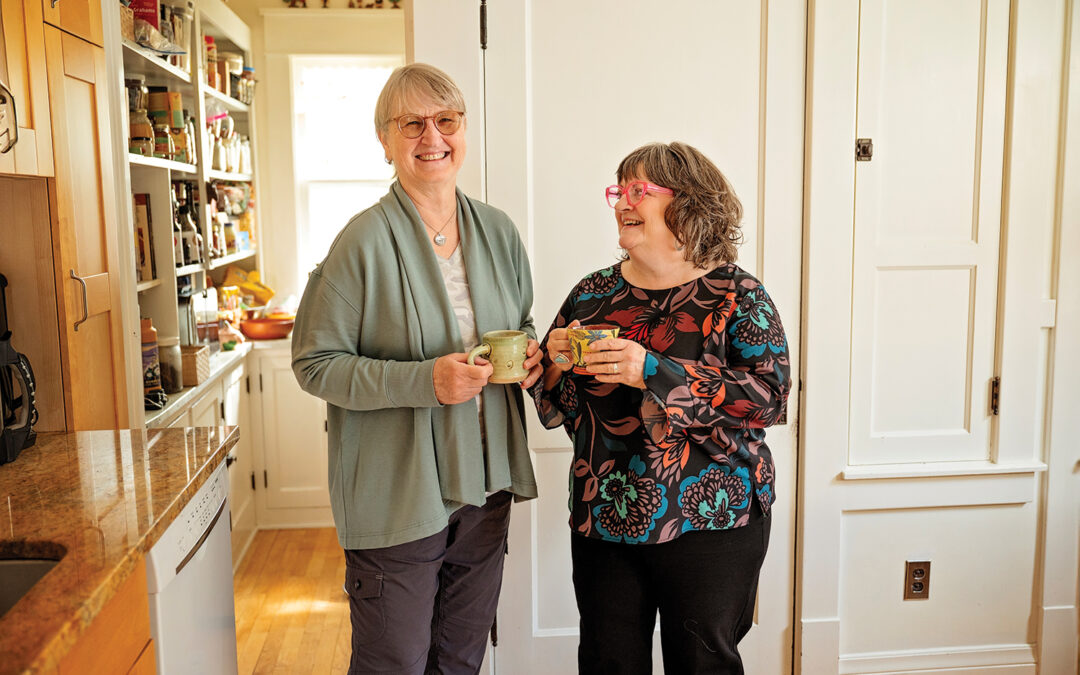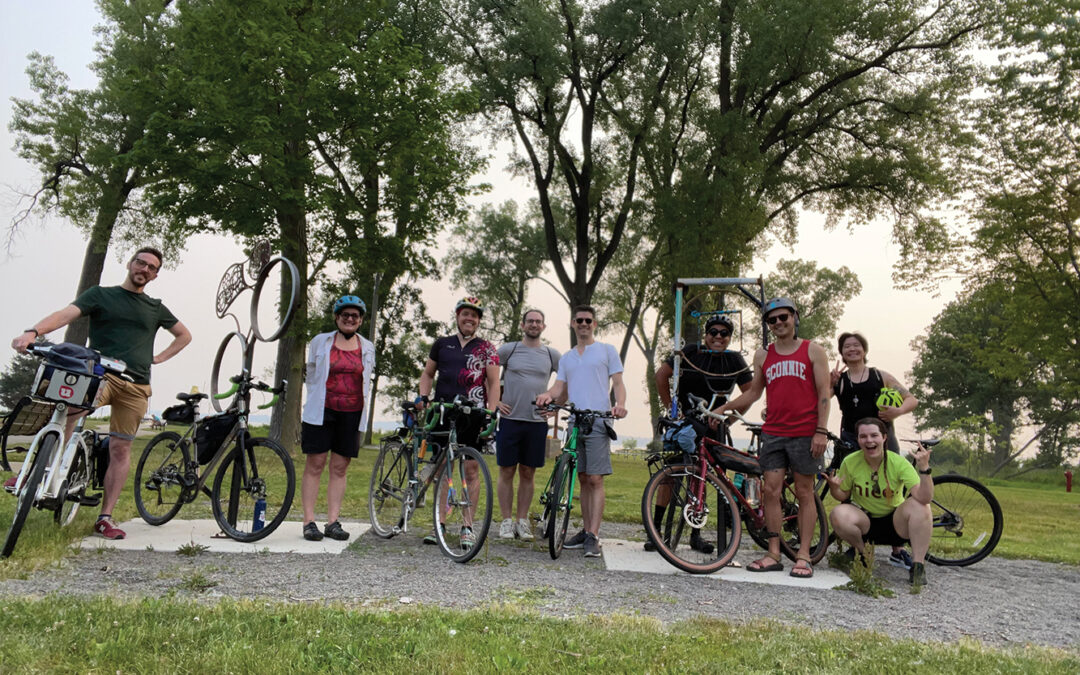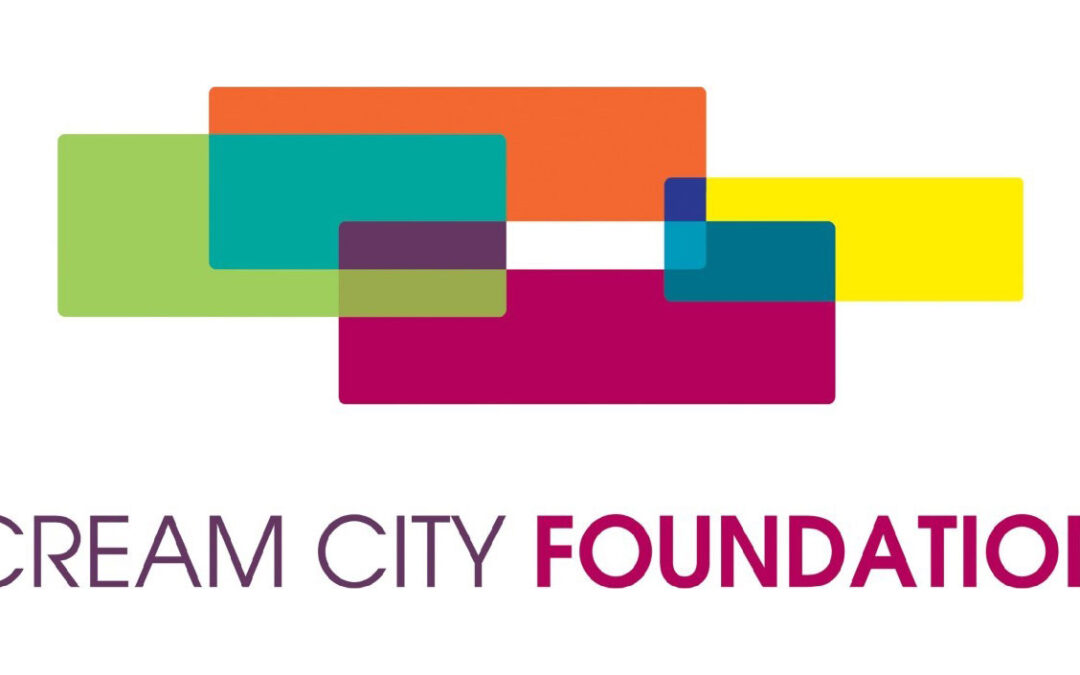I Had a Dream. Or was it a nightmare?
I woke up on New Year’s Eve Day, 2015, reviewing my last few days’ activities and thinking about my calendar for January 2016. I recalled the Dane County budget report and the goals for all the agencies with which I’m involved.
I saw the BIG picture: The senior service system is unable and unprepared to handle the increasing numbers of Baby Boomers coming into it. In addition, it is unsure how to assist the increasing numbers of low-income seniors who are in need of affordable housing.
The lack of true low-income housing and federal programs to support appropriate case management is leaving increasing numbers of people without stable living situations.
The City of Madison adopted the Housing First approach (developed by the National Alliance to End Homelessness) to provide “people experiencing homelessness with housing as quickly as possible—and then providing service as needed” (Street Pulse, Aug., 2014). But I am seeing a gap in services for seniors who are 50–60 years of age once they are housed.
When a senior consults with the “one-stop-shop” Dane County Aging and Disability Resource Center (ADRC) staff, they are referred to their nearest senior center. Anyone 18 years of age and older can consult with ADRC staff for services and be referred out—unless one is seeking assistance qualifying for financial benefits. The ADRC staff do an excellent job of helping a person understand their benefit situation and get through the paperwork process.
The ADRC staff does not help anyone find housing, though, instead referring people to other agencies. There is a shortage of housing for low-income people in Dane County and their disability benefits are not adequate to cover costs. People are homeless through not necessarily any fault of their own. This is a huge issue for LGBTQ people in particular, when we can either be discriminated against because we are LGBTQ or may be seen as a burden on landlords because of our disability or age.
Although, at age 60, housed seniors can be served by case managers at the various Dane County and Madison senior coalitions, the case managers’ workloads are increasing with larger numbers of Baby Boomers coming into the system. A new senior may have to wait several weeks to consult with a case manager. This may leave a senior homeless—hopefully for only a short period of time.
The homeless system can be especially slow-moving when it comes to finding appropriate housing for people who may have serious physical and/or mental health or drug and alcohol issues. The slowness has to do with the client’s willingness and ability to connect themselves to services. People who are less able to help themselves are less likely to benefit from the help of a case manager, and that’s if one is available for them. A lot depends on the capabilities of the individual and/or the other resources and support systems they can rely on. Those supports may eventually fall away when the stress becomes too much, though.
According a recent article by Leslie Fred and Anne Montgomery at the Altarum Institute, which studies health systems, “In November, 2015, the Centers for Medicare & Medicaid Services (CMS) issued a proposed regulation for hospitals…and home health agencies…to interface with Older Americans Act providers and disability programs under the jurisdiction of the Administration for Community Living,” to think about discharge planning in a larger context. “This means that studies will be made of hospital discharge policies and procedures with a goal toward improving discharge coordination with key health and social services delivery systems and the caregivers.”
When care giving overwhelms caregivers, the next solution has always been the nursing home. Although no one wants to go to a nursing home, some circumstances can make it unavoidable. Yet there’s a nationwide shortage of mental health and nursing home beds.
According to the Treatment Advocacy Center, “a minimum of 50 beds per 100,000 people is considered necessary to provide minimally adequate treatment of individuals with severe mental illness. Like every state, Wisconsin fails to meet the minimum standard.” Wisconsin has only 9.8 beds per 100,000 people. I guess this explains why a lot of people with mental health issues are incarcerated in Wisconsin—or are wandering the streets, homeless.
“There aren’t enough nursing-home beds to meet demand,” reports Dan McGrath, co-founder of Jester Financial Technology. “From 2000 to 2009 the total number of nursing homes in the U.S. decreased by nine percent. Additionally, from 2007 to 2011 new construction of nursing-home units decreased by 33 percent.”
At the same time, “…according to the (federal) Department of Health and Human Services, of the 76 million baby boomers who are heading toward retirement, roughly 70 percent (about 54 million people) will need some form of long-term care, with close to 13 million of those needing a stay of longer than three years in a skilled nursing facility. The bottom line is, there simply will not be enough beds to serve an aging population.”
Additionally, recent research informs us that our nation is already experiencing a shortage of physicians. Care giving agency workers are expensive and there are not enough professional caregivers to meet the increasing demand. The potential for an increase in frail homeless seniors needing services they can’t get looms in my mind.
Long-term care planning and insurance by itself doesn’t increase access to services. This is a complex issue with a number of players.
Ray of Hope: The Dane County Area Agency on Aging is actively discussing changes to discharge planning with local hospitals, based on the proposed regulation issued by the CMS. Briarpatch recently increased beds for homeless youth. OutReach continues to serve LGBTQ homeless people of any age, to the limited extent we can, coordinating with other service agencies.
Much work remains; however, to ensure that our seniors are properly taken care of as they age, with special consideration for LGBTQ seniors and those with special needs.
CAROLINE WERNER has a Master’s Degree in Social Work. She did case management with Dane County seniors before retiring. Now she is an LGBT Senior Advocate for the OutReach LGBT Community Center.























0 Comments